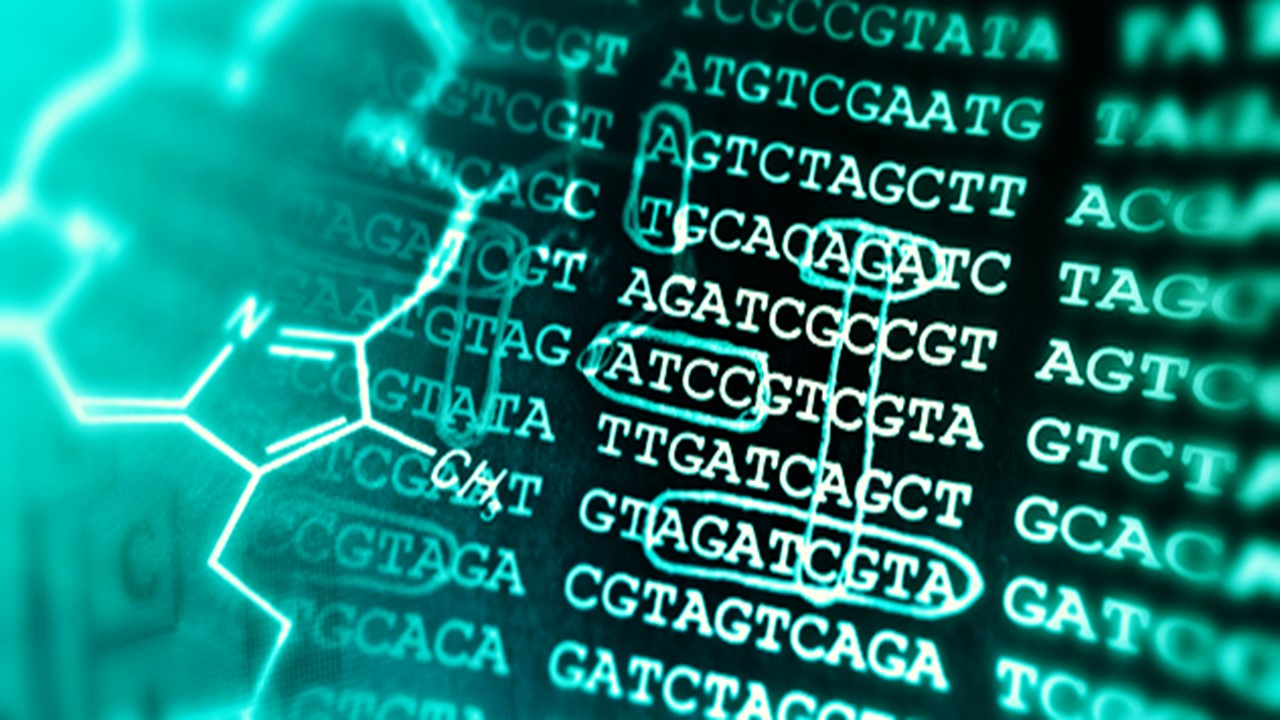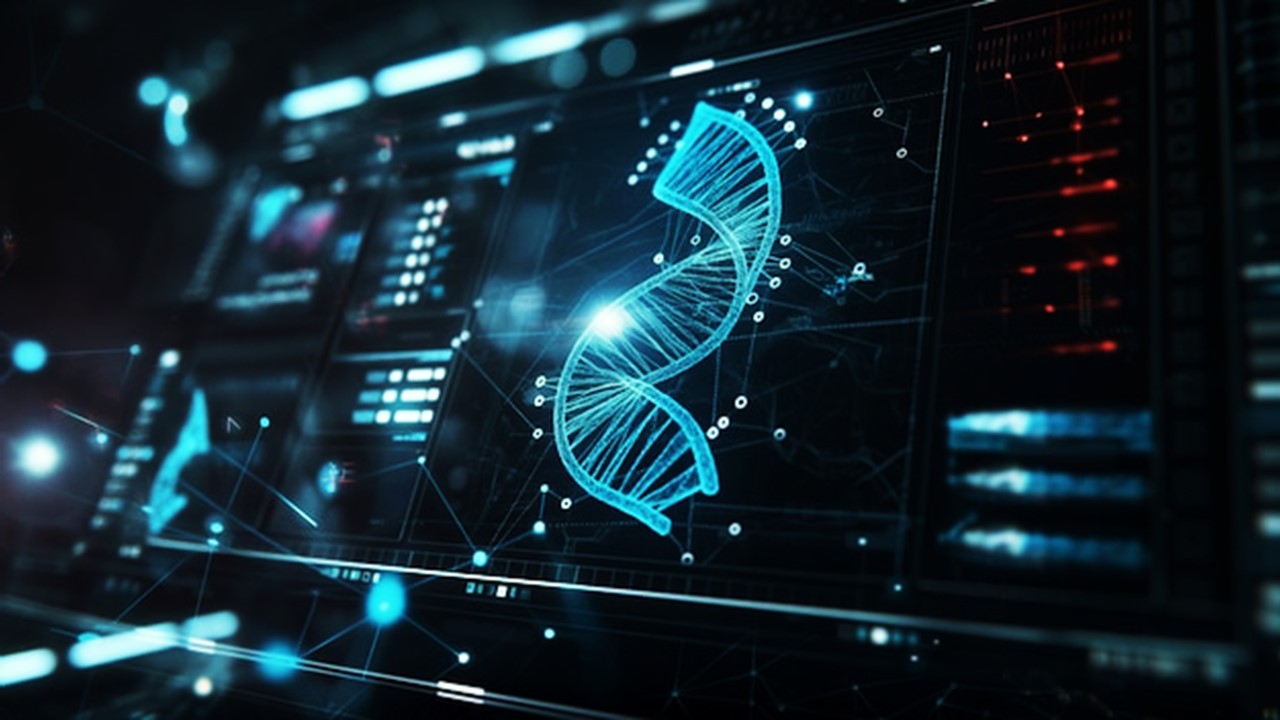In the realm of modern medicine, a paradigm shift is occurring—a shift from the traditional approach of treating individuals after they become patients to one of proactive health management and disease prevention. This transformation is not only driven by the escalating costs associated with treating chronic and late-stage diseases but also by the realization that the “one-size-fits-all” model of healthcare fails to account for the profound individual variations in genetics, environment, and lifestyle factors that influence health outcomes. Fortunately, recent advancements in omics technologies and computational capabilities have paved the way for a new era of healthcare, one characterized by precision health and deep phenotyping.
The Omics Revolution
The journey towards precision health is underpinned by the incredible progress made in various omics disciplines—genomics, epigenomics, transcriptomics, proteomics, and metabolomics. Each of these omics fields offers unique insights into the intricate tapestry of biological complexity and plays a vital role in reshaping the landscape of healthcare.
Genomics: The study of whole genome sequences and DNA sequence variants, genomics has evolved significantly since the inception of Sanger sequencing in 1977. The advent of next-generation sequencing technologies has drastically reduced the cost and time required for genome sequencing, making it an indispensable tool for diagnosing diseases, identifying genetic variations, and tailoring treatments to an individual’s genetic makeup.
Epigenomics: This field delves into the chemical modifications of DNA and histones that govern gene regulation. Enabled by next-generation sequencing techniques, epigenomics has unveiled the critical role of epigenetic modifications in disease diagnosis, prognosis, and therapy.
Transcriptomics: Measuring the complete set of RNA transcripts in a cell, transcriptomics has witnessed revolutionary changes due to next-generation sequencing and analysis technologies. RNA sequencing (RNA-Seq) has enabled the discovery of novel transcripts, improved RNA quantification, and enhanced our understanding of gene expression dynamics in health and disease.
Proteomics: Proteomics entails quantifying all proteins within a sample, and it has benefited from advancements in mass spectrometry and other analytical techniques. These innovations have allowed for more sensitive, accurate, and high-throughput detection of proteins, paving the way for predictive biomarker signatures and better clinical decision-making.
Metabolomics: Focusing on small molecules in the body, metabolomics has seen remarkable improvements in technologies, including targeted and untargeted metabolomics, fluxomics, and metabolite imaging. These approaches have led to the discovery of biomarkers, enhanced disease diagnosis, and provided insights into the complex interplay of genetics, environment, and metabolites.
Wearables: Wearable technologies, equipped with sensors for continuous physiological monitoring, have become integral to precision health. These devices, combined with multi-omics data, offer an unprecedented opportunity to track health transitions, detect diseases, and manage chronic conditions effectively.
Multi-Omics Deep Phenotyping: The Path to Precision Health
The power of omics truly shines when their data are integrated and analyzed comprehensively. Multi-omics, an emerging field, combines data from genomics, epigenomics, transcriptomics, proteomics, and metabolomics to provide a holistic view of molecular complexity in health and disease. This integrated approach is essential for understanding the gradual development and remarkable heterogeneity of complex diseases.
Multi-omics enables deep phenotyping—an in-depth characterization of individuals across the spectrum from health to disease. It empowers precision health approaches that consider an individual’s genetics, environment, and lifestyle factors, transcending the limitations of the conventional one-size-fits-all model. Precision health aims to predict, prevent, and cure diseases with unprecedented accuracy, making healthcare not only more effective but also more efficient.
Applications of Multi-Omics in Precision Health
The potential applications of multi-omics in precision health are vast and diverse. This review highlights some key areas:
Genetic Variation: Multi-omics approaches provide insights into the intricate interplay of genetic variations, epigenetic modifications, and their downstream effects on health and disease.
Cardio-Metabolic Diseases: Deep phenotyping through multi-omics offers a deeper understanding of the molecular mechanisms underlying cardio-metabolic diseases, potentially leading to more targeted interventions.
Cancer: Multi-omics approaches are revolutionizing cancer research by uncovering complex biomarker signatures and facilitating personalized treatment strategies.
Infectious Diseases: These approaches play a pivotal role in understanding host-microbe interactions, early detection of infections, and tailoring treatments to individual responses.
Organ Transplantation: Multi-omics provides a comprehensive view of the host’s response to transplantation, aiding in graft monitoring and personalized immunosuppressive strategies.
Pregnancy: Precision health in pregnancy involves monitoring the health of both the mother and fetus using multi-omics data for early detection of complications.
Longevity/Aging: Multi-omics helps unravel the factors contributing to longevity and aging, offering insights into strategies for healthy aging.
Emerging Frontiers and Challenges
As multi-omics continues to advance, it is expanding into new frontiers, such as integrating electronic health records and clinical imaging data. These integrations offer even richer datasets for precision health. However, significant challenges remain, including data harmonization, standardization, and the clinical implementation of multi-omics approaches.
The Future of Healthcare
In closing, the convergence of omics technologies, wearables, and computational power is reshaping healthcare. Precision health, driven by multi-omics deep phenotyping, promises to deliver on the long-standing goal of personalized medicine. By considering each individual’s unique genetic makeup, environmental exposures, and lifestyle choices, healthcare can transition from a reactive approach to a proactive one, ultimately improving the quality of life and reducing the burden of disease for all.
The whole is indeed greater than the sum of its parts, as Aristotle once said. In the case of multi-omics and precision health, the synergy of different omics disciplines has the potential to revolutionize the future of healthcare, making it more precise, more personalized, and more effective. As we move forward, overcoming challenges and harnessing the full potential of multi-omics, we embark on an exciting journey towards a healthier and more resilient society.
Engr. Dex Marco Tiu Guibelondo, B.Sc. Pharm, R.Ph., B.Sc. CpE
Subscribe
to get our
LATEST NEWS
Related Posts

Bioinformatics & Multiomics
Mapping the Invisible Arrows: Unraveling Disease Causality Through Network Biology
What began as a methodological proposition—constructing causality through three structured networks—has evolved into a vision for the future of systems medicine.

Bioinformatics & Multiomics
Open-Source Bioinformatics: High-Resolution Analysis of Combinatorial Selection Dynamics
Combinatorial selection technologies are pivotal in molecular biology, facilitating biomolecule discovery through iterative enrichment and depletion.
Read More Articles
Myosin’s Molecular Toggle: How Dimerization of the Globular Tail Domain Controls the Motor Function of Myo5a
Myo5a exists in either an inhibited, triangulated rest or an extended, motile activation, each conformation dictated by the interplay between the GTD and its surroundings.
Designing Better Sugar Stoppers: Engineering Selective α-Glucosidase Inhibitors via Fragment-Based Dynamic Chemistry
One of the most pressing challenges in anti-diabetic therapy is reducing the unpleasant and often debilitating gastrointestinal side effects that accompany α-amylase inhibition.













